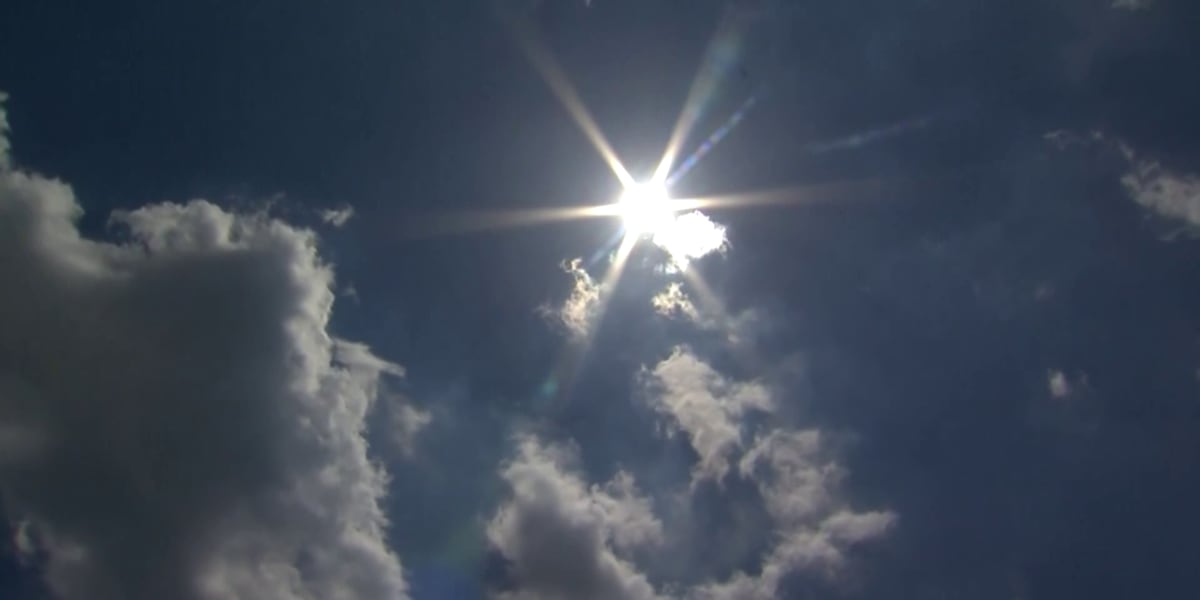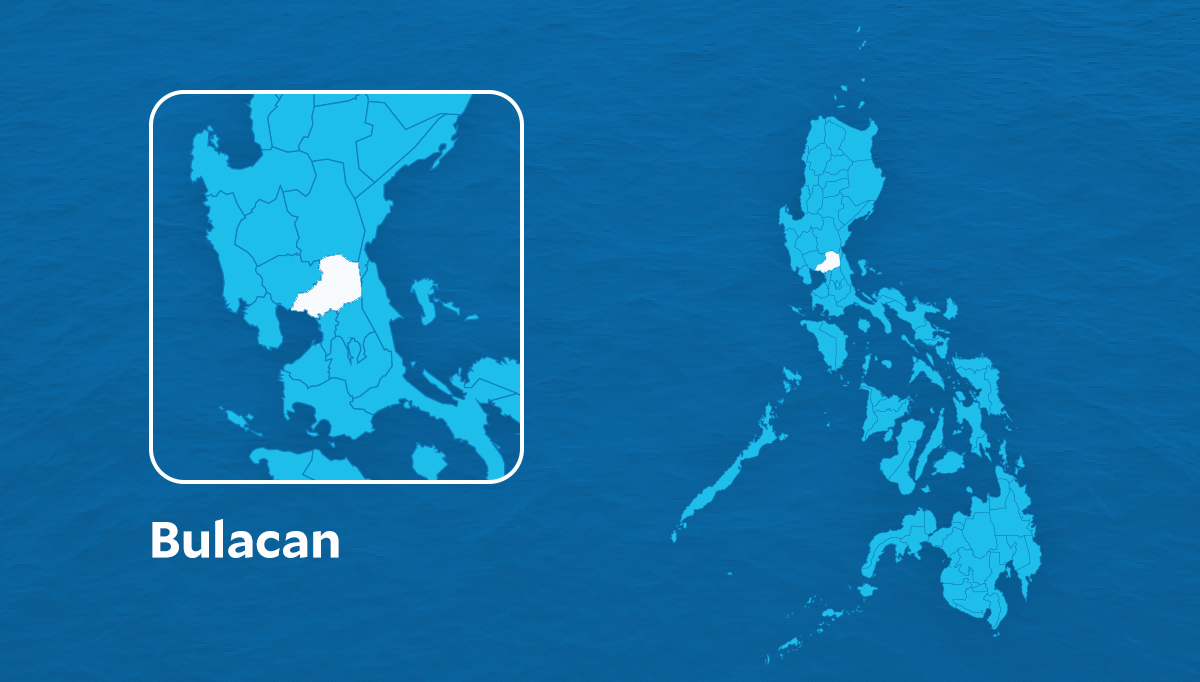Beat the Heat: Aussie Health Experts Warn of Summer Heat Illnesses & How to Stay Safe

As the Aussie summer cranks up the heat, health authorities are issuing a crucial warning: be aware of heat-related illnesses. Don't underestimate the power of the sun – it’s vital to recognise the signs and take proactive steps to protect yourself and your loved ones. This guide provides essential information and practical tips to help you enjoy the sunshine safely, avoiding potentially serious health complications.
Understanding Heat-Related Illnesses
Heat-related illnesses range in severity, from mild heat rash to life-threatening heatstroke. Knowing the difference is key to prompt and effective action.
Heat Exhaustion: The Warning Signs
Heat exhaustion is a serious condition that develops when your body overheats. Common symptoms include:
- Heavy sweating
- Weakness
- Dizziness
- Headache
- Nausea or vomiting
- Muscle cramps
- Cool, clammy skin
What to do: If you suspect someone is experiencing heat exhaustion, move them to a cooler place, provide them with water or an electrolyte drink, and encourage them to rest. If symptoms don't improve quickly, seek medical attention.
Heatstroke: A Medical Emergency
Heatstroke is the most severe heat-related illness and requires immediate medical intervention. Signs to watch out for include:
- High body temperature (40°C or higher)
- Confusion, disorientation, or altered mental state
- Hot, dry skin (or sometimes, heavy sweating)
- Rapid, shallow breathing
- Seizures
- Loss of consciousness
What to do: Call triple zero (000) immediately and provide first aid while waiting for emergency services. Try to cool the person down by any means possible – applying cool water, fanning them, or moving them to a shaded area.
Tips for Staying Safe in the Heat
Prevention is always better than cure. Here are some practical tips to beat the heat and stay healthy this summer:
- Stay Hydrated: Drink plenty of water throughout the day, even if you don't feel thirsty. Avoid sugary drinks and alcohol, which can dehydrate you.
- Seek Shade: Limit your time in direct sunlight, especially during the hottest part of the day (usually between 10 am and 4 pm).
- Wear Appropriate Clothing: Choose loose-fitting, light-coloured clothing to help your body stay cool. A wide-brimmed hat and sunglasses are also essential.
- Plan Activities Wisely: Schedule outdoor activities for cooler times of the day, such as early morning or late evening.
- Check on Vulnerable People: Elderly people, young children, and individuals with chronic illnesses are more susceptible to heat-related illnesses. Make sure they are staying cool and hydrated.
- Never Leave Children or Pets in Cars: Temperatures inside a parked car can rise rapidly, even on a mild day.
- Be Aware of the Heat Index: The heat index combines temperature and humidity to give a more accurate measure of how hot it feels.
Resources & Further Information
For more information about heat-related illnesses and how to stay safe, visit the Queensland Health website or consult your doctor.
Stay cool, stay hydrated, and enjoy a safe and healthy Aussie summer!






